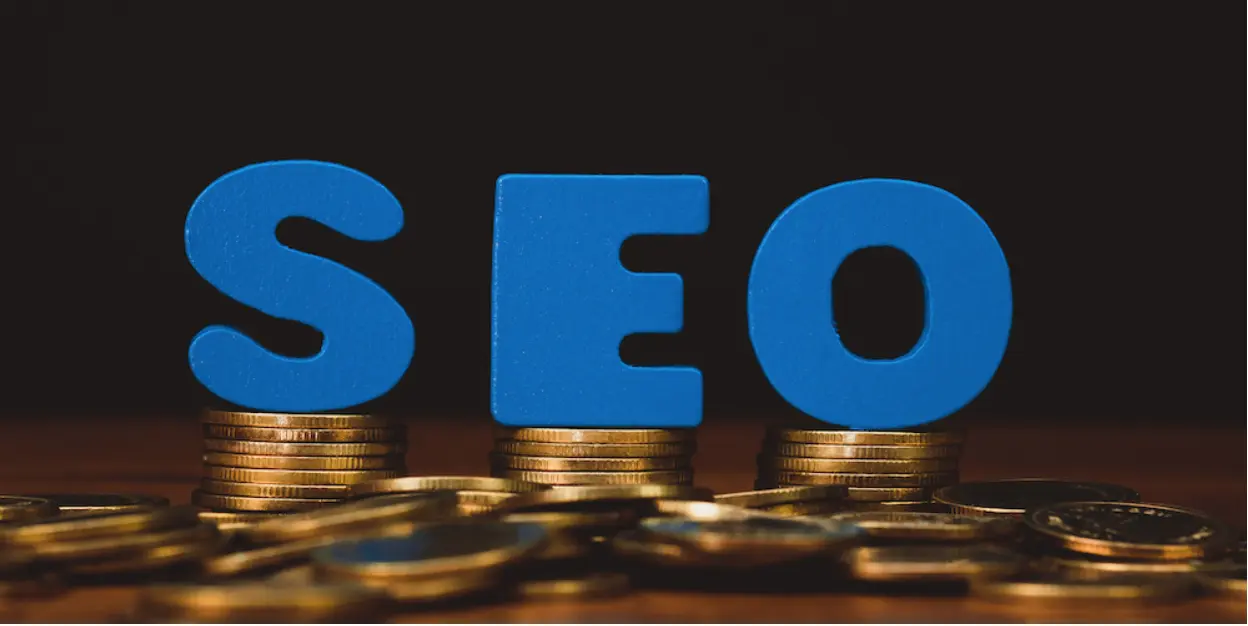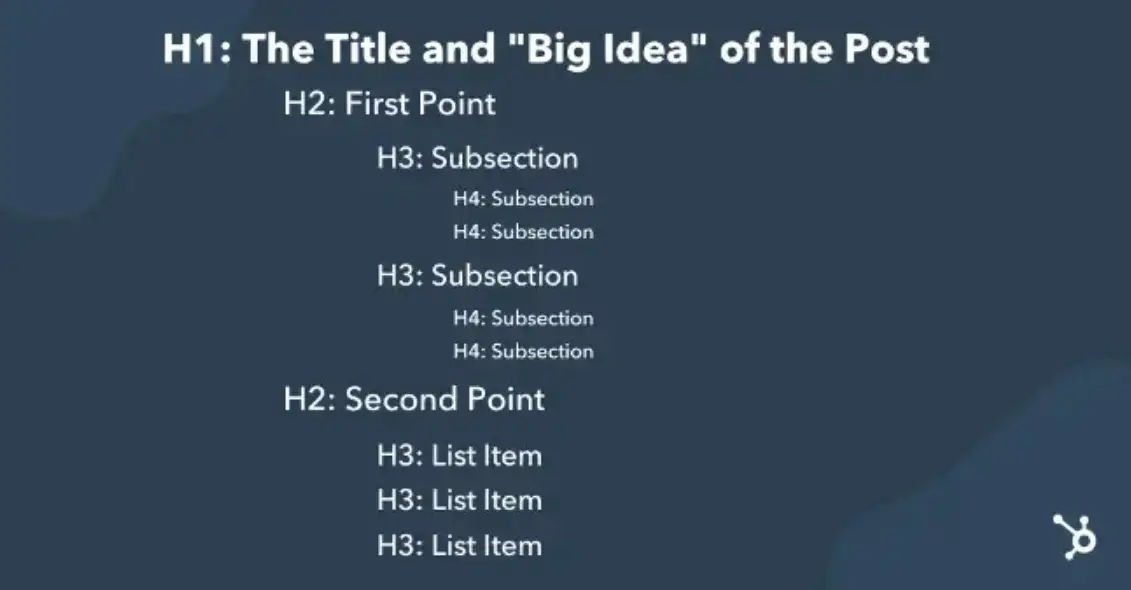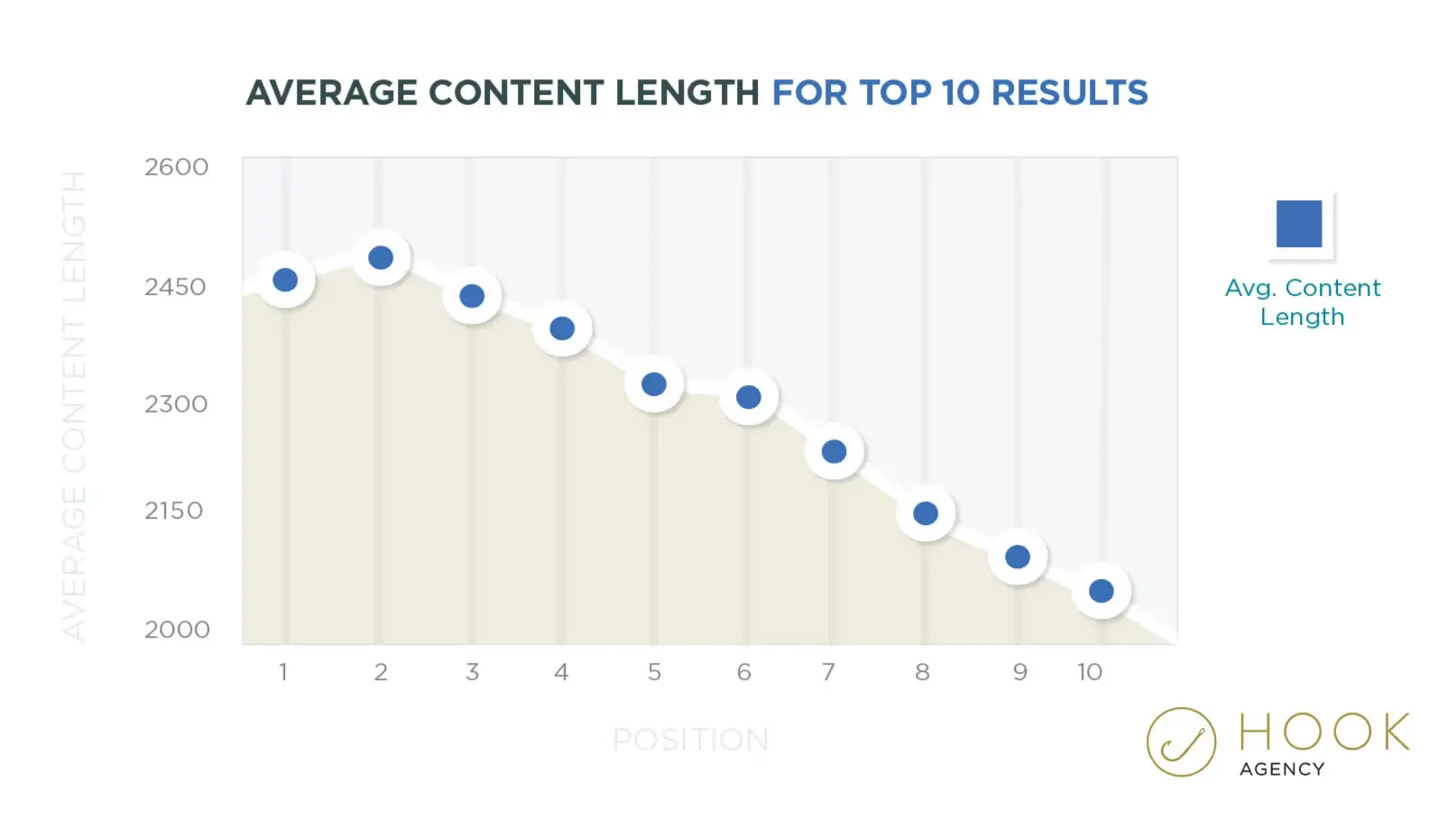SEO - we all hear about it, but what is it? How do you actually do SEO for your website? And why? I'll admit when I first started learning about it, I went deep down the rabbit hole. Here are some important things I've learned along the way.
SEO may seem daunting at first, but with consistent effort and a focus on providing valuable content, you can attract more visitors to your website, generate more leads, and ultimately boost your business's online presence and success.
In this article:
- Important SEO Definitions
- What is SEO?
- What are the 3 Parts of SEO?
- SEO Cheat Sheet: 5 On-Page Tips You Must Get Right
- Resources for Help With On-Page SEO

There's a lot to it, and the good news is that there are also quick, easy ways to get started. First, you need to know that you can't ignore SEO if you want people to find your website organically.
So, I'll break it down for you today with this quick SEO cheat sheet that will help you get started.
An SEO cheat sheet can serve as a quick reference guide to streamline your SEO efforts and ensure you cover all essential aspects.
Important SEO Definitions
| Term | Definition |
|---|---|
| Keywords | Keywords are ideas and topics that define what your content is about. In terms of SEO, they're the words and phrases that searchers enter into search engines. |
| Rank | Rankings in SEO refers to a website's position in the search engine results page. |
| Organic search | Organic search refers to the search results of a search engine that cannot be influenced by paid advertising. |
| Backlinks | Backlinks are links from a page on one website to another. If someone links to your site, then you have a backlink from them. If you link to another website, then they have a backlink from you. |
| Anchor text | Anchor text is the clickable text in a hyperlink. SEO best practices dictate that anchor text be relevant to the page you're linking to, rather than generic text. |
| Impression | An impression means that a user has "seen" a link to your site in search results. |
| Click | For SEO this is when a user has clicked on the link to your website from the search results. |
| SERP | Search Engine Results Page |
What is SEO?
- SEO is the process of optimizing your website to rank higher in search engine results pages (SERPs), like Google and Bing.
- The higher your website ranks, the more likely people are to see it, and the more traffic you'll receive.
Think of SEO as a digital storefront for your business.
Just as you'd want your physical store to be located in a visible, accessible spot, you want your website to be easily found by potential customers when they're searching for the best niche SEO agencies like yours.
Let's remember that Google isn’t the only search engine; it's just the most popular. It accounts for over 75% of desktop searches and over 87% of mobile searches worldwide.
Google itself offers many free tools available to help businesses understand how their websites are performing, along with tips for improvement.
For more information on Webflow SEO optimization, check out our recommended related blog post: Webflow SEO Checklist to Ranking.
What are the 3 Parts of SEO?
- On-page SEO: refers to the optimization of the content on your website to make it relevant to search queries, like keyword research, title tags, header tags, and meta descriptions.
- Off-page SEO: refers to the optimization of your website's backlinks from other authoritative websites.
- Technical SEO: refers to the optimization of your website's technical aspects to make it easy for search engines to crawl and index, like site speed, mobile-friendliness, and structured data markup.
For this article, I'll focus on on-page SEO.
SEO Cheat Sheet: 5 On-Page SEO Tips You Must Get Right
- Optimize your meta title and meta description
- Pay attention to your header tags
- Use alt text in images
- Front-load your keywords
- Write quality long-form content
Let's review each of these on-page SEO tips in more detail. We won't go into anything too technical, so you can make these changes yourself.
1. Optimize your meta title and description
Your meta title is the heading that appears in search engine results, and the meta description is the preview text that appears underneath.
Use keywords in your meta titles and descriptions to help your site rank better for those keywords, and think about what searchers would be more likely to click on.
Even changing the order slightly can help you jump up a place. You can usually update these in the settings of your website's content management system.

2. Pay attention to your header tags
Search engines use your header tags to better understand the page's hierarchy. Use only one H1 tag (typically the title of your page) and as many H2 tags as you need. H3s should always support your H2s.

Source: HubSpot
The keywords you use in your headers hold more weight than paragraph text when it comes to ranking your page in search results.
It's worth carefully considering which terms you want to rank for and making sure you use them in your H1.
3. Use alt text in images
The alt text isn’t just text to make your website more accessible, it also gives search engine crawlers a cue as to what our content is about.
Most content management systems let you update alt text directly in the image. It also helps surface your images in relevant Google Image search results.
4. Front-load your keywords
Make sure your preferred keywords are included in the first four words of your title, and you stand a better chance of ranking more highly for them.
Be sure to add keywords here and sprinkle them throughout your site's content.
Be careful to not add more than 15 instances of the keyword in any long form content you write so that you don’t get dinged for “keyword stuffing”.
5. Write quality long-form content
A 2023 study showed that the optimal content length is between 1,760 and 2,400 words. There is clearly a direct correlation between the average number of words and where you will rank in search results.

Where appropriate, write long-form content with at least 1,760 words on the page and make sure you're using the most relevant keywords throughout.
Create high-quality, informative content that is relevant to your target audience and aligns with the search terms they are using.
Regularly publish fresh content to keep your website updated and engaging.
Resources for Help With On-Page SEO
Website audit
There are many free resources online to get you up to speed on SEO. It's worth starting with a website audit using one of these websites:
The audit report will tell you whether you have any broken links, how many backlinks you already have, which keywords are already performing well for you, and much more.
It will give you a good starting point so you know where to focus your efforts.
Keyword research
I've talked a lot about keywords and now you know they're important you'll want to know how to make sure you're using the best ones.
When researching your keywords, take note of the monthly search volume, competition, and keyword difficulty. Here are a few places you can do keyword research for free:
In Closing
I hope this helps you get started with your website's SEO. Once you have people on your page, the next step is to convert them.
Using an SEO cheat sheet not only simplifies the process but also enhances your ability to adapt and refine your SEO strategies over time.
FAQ
1. What is SEO?
SEO stands for Search Engine Optimization, the process of optimizing a website to rank higher in search engine results.
2. Why is SEO important?
SEO is crucial for increasing organic traffic, enhancing visibility, and attracting potential customers to your website.
3. What are the main components of SEO?
The main components of SEO are on-page, off-page, and technical SEO.
4. How can I create an SEO cheat sheet?
To create an SEO cheat sheet, compile key strategies, best practices, and essential SEO definitions that can guide your optimization efforts.
5. What are some common SEO mistakes to avoid?
Common SEO mistakes include keyword stuffing, neglecting mobile optimization, and failing to update content regularly.
6. How often should I update my SEO strategies?
SEO strategies should be updated regularly, ideally every few months, to adapt to algorithmic changes and market trends.


